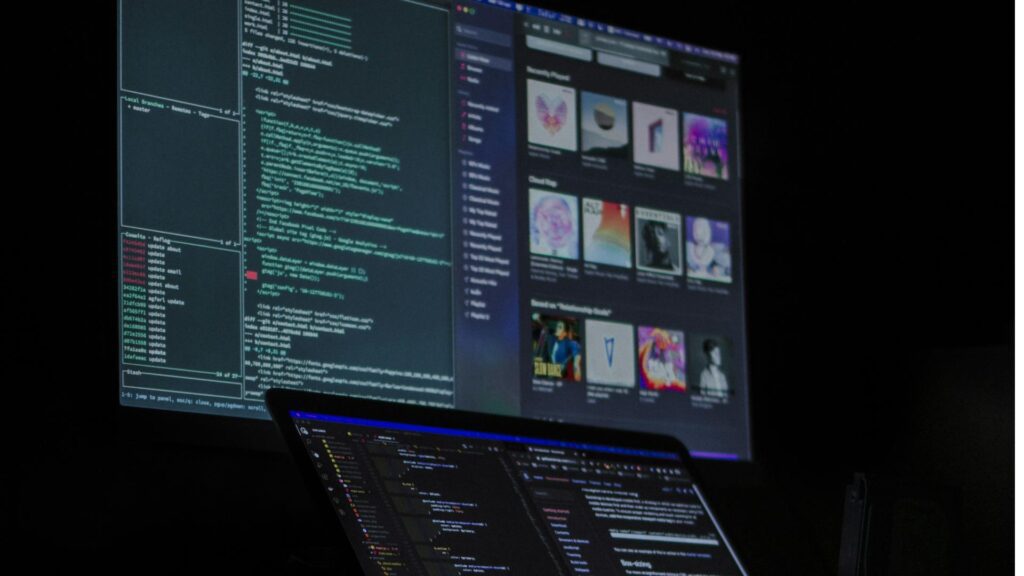The funding is part of a national initiative to accelerate health technology innovations that reduce waiting times and improve access to care for children and young people experiencing mental health difficulties.

Professor Vicky Karkou, Director of Edge Hill’s Research Centre for Arts and Wellbeing and co-founder of the Arts for the Blues model, said: “Arts for the Blues has shown how safe uses of the arts in the form of creative therapies can help people express their struggles and connect with others.
“With this NIHR funding, e-Arts-for-the-Blues will remove barriers of distance and access, providing therapists across England with engaging, flexible digital tools to support children remotely.
“This project offers hope to children who have faced long waits for help, bringing creativity and connection into their therapy journey. We are now planning how to support local need and work in hospital across the region.”
Mental health challenges, particularly depression, affect thousands of children and young people across England, with children in the North West region among those facing some of the longest waits.
Young people can often be waiting for up to two years before they can access support, and delays are further compounded by the long distances many must travel to attend sessions. This contributes to the emotional and physical fatigue and poses a barrier to timely care.
e-Arts-for-the-Blues aims to address these issues by providing therapists with an engaging, web-based resource designed specifically for remote group therapy with children.
The platform will offer a range of organised digital creative activities including videos, gifs, interactive games, and tools that help children express themselves and build connections.
For example, children can create digital drawings to build relationships, write and share songs to express emotions, or engage with superhero-themed activities to identify personal strengths and problem-solving skills.
Edge Hill University’s development of e-Arts-for-the-Blues builds upon their original Arts for the Blues model which is an evidence based creative psychotherapy approach for depression.
This new platform will be co-designed with input from children and therapists through Public and Patient Involvement groups, ensuring it is both practical and appealing to its young users and their clinicians.
The project will initially be tested with a small group of children and therapists to evaluate its effectiveness before wider trials. Ultimately, e-Arts-for-the-Blues will be unique in the marketplace as the only arts-based tool designed to support remote group therapy for children struggling with mental health conditions.
The funding for e-Arts-for-the-Blues will fall under the Research Centre for Arts and Wellbeing, a thriving centre hosted by Edge Hill’s Health Research Institute. The University is working in collaboration with Alder Hey Hospital, Health Innovation North West Coast and the University of Salford as part of this ground-breaking project.
The e-Arts-for-the-Blues initiative forms part of a £1.5 million NIHR investment in 17 innovative health technologies designed to improve mental health and neurodevelopmental care for children across community and hospital settings.
It is a vital step forward in addressing the growing need for timely, accessible, and personalised mental health support for young people.
Professor Mike Lewis, NIHR’s Scientific Director for Innovation, said: “We are proud to announce NIHR funding for 17 innovative health technologies that will make a real difference for children and young people who need mental health support.
“Reducing waiting times is vital to improving mental health outcomes, and by innovating in both community and hospital settings, we’re helping children and young people get the care they need, when they need it.
“To be able to share this news on World Mental Health Day sends an even stronger message about the commitment we have to investing in this important area of research.”
Professor Paul Dimitri, Director of the NIHR HealthTech Research Centre (HRC) in Paediatrics and Child Health added: “Children and young people with mental health challenges and neurodevelopmental conditions including ADHD and autism deserve timely, personalised care and technology has a vital role to play in making that possible.
“At the HRC, we’re focused on accelerating innovations that reduce delays, empower families, and support clinicians with smarter tools. The NIHR i4i FAST funding to support these companies in developing vital technologies marks a crucial step toward building a more responsive and equitable system for the children and young people who need it most.”
Find out more about research at Edge Hill University.
October 10, 2025



